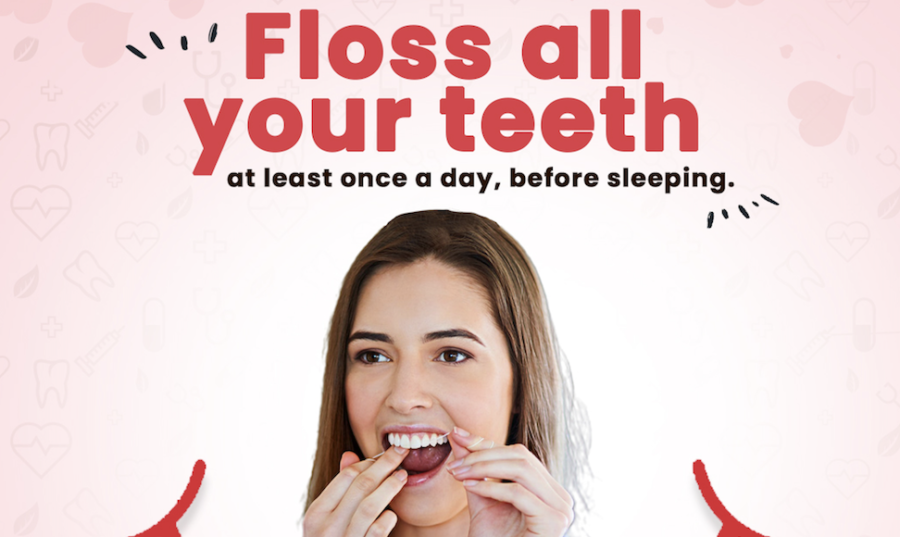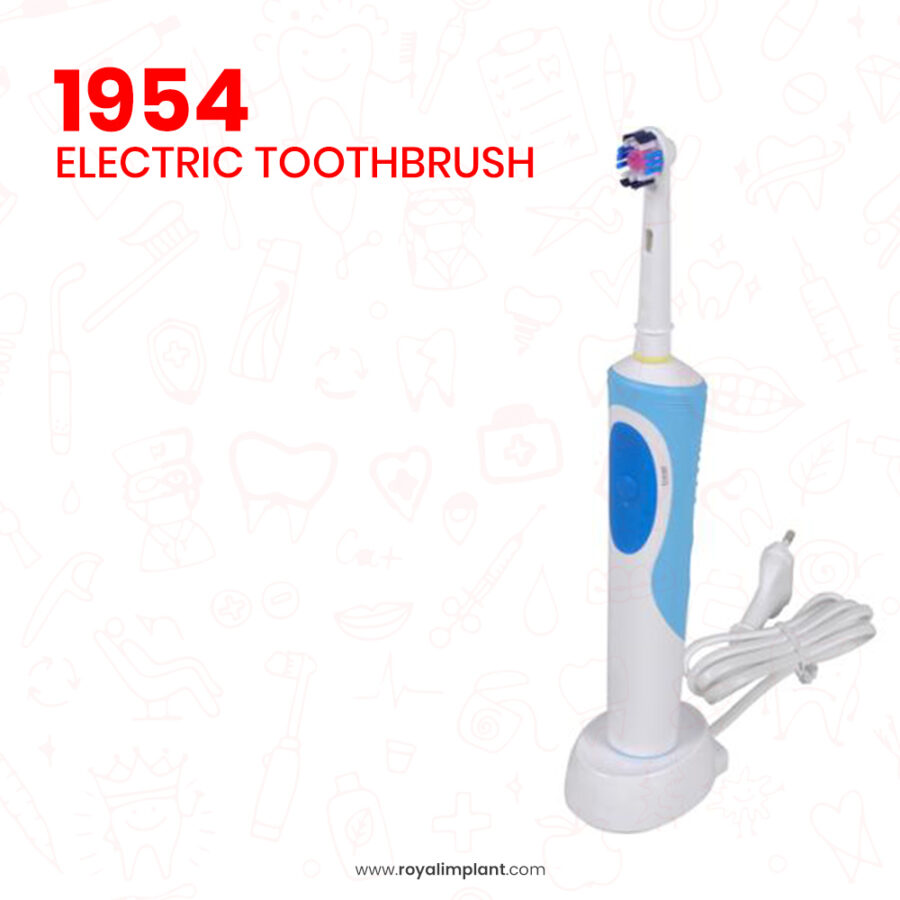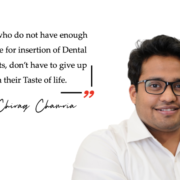It’s no secret that a happy mouth is a healthy mouth, with good oral health meaning a whiter smile and no gum disease or tooth decay. Good oral hygiene involves practices that keep your teeth clean, your gums healthy, and your breath fresh. With these simple tips, you can have healthier gums and teeth for the rest of your life. If you don’t take care of your pearly whites often enough they can cause all sorts of problems in the future. Bad breath, yellow teeth, receding gums, and even tooth loss are just some of the problems people who don’t look after their oral hygiene can face.
Keep regular visits to the dentist
While brushing alone will help keep your oral health up to scratch, it’s essential to visit the dentist at least once a year to get a professional clean and get any issues addressed immediately. The dentist can also provide you with an oral health plan and make recommendations based on your individual needs. If you don’t have any dental insurance or your insurance doesn’t cover regular checkups, you can always look into low-cost or even free clinics in your area.

Apart from catching problems early, regular visits to the dentist can also help you catch issues earlier.As we age, our mouths change, and our teeth and gums are no different. A dental exam can catch these changes early on, helping you avoid expensive and painful treatments later on in life. Your dentist can spot issues like gum disease and tooth decay before they become too serious, helping you stay healthy and lead a happy oral life.
Floss daily for healthy mouth
If you’re only brushing your teeth three times a day, you’re doing your mouth a disservice. While brushing is essential, it alone isn’t enough to remove food and plaque from your teeth and gums. In fact, statistics show that only around 20% of individuals who brush twice a day are actually doing it correctly. While brushing your teeth, use dental floss to clean between your teeth where the toothbrush can’t reach.

This is the only way to remove plaque which can calcify and cause gum disease and tooth decay. If you’re new to flossing, you might want to try one of the different kinds of floss, like dental tape. You may want to consider using a Waterpik if you have braces or dental implants. This device will help you clean your teeth and get around your dental work, making sure you don’t miss any spots while flossing.
Use a tongue scraper for healthy tongue
If you’ve ever looked in the mirror and cringed at the number of bacteria and other nasties stuck to the back of your tongue, you’ve likely wondered what you can do about it. Your tongue is home to millions of bacteria, which is a good thing because it helps break down food and produce saliva. However, when this bacteria isn’t cleaned away, it can build up and cause bad breath.
A simple solution to this problem is to use a tongue scraper when you brush your teeth. This handy device will remove bacteria and other gunk, leaving you with a fresh-smelling mouth. You can also use a natural bristle toothbrush to brush your tongue. While brushing your teeth, take a moment to brush your tongue, too. You’ll remove bacteria and other gunk, leaving your mouth fresh and clean. If you don’t have a tongue scraper, you can also use your toothbrush for this task. Just use a gentle motion and don’t scrub too hard.
Brush with fluoride toothpaste
The most important step in your daily oral hygiene routine is brushing with fluoride toothpaste. This will remove plaque from your teeth, keeping them strong and healthy. This is most important when you’re young because that’s when your teeth are still forming and any plaque or bacteria can cause damage and lead to tooth decay and gum disease.
You should brush your teeth twice a day using a soft-bristled toothbrush with fluoride toothpaste. Make sure you replace your toothbrush every three months because after this time they start to lose effectiveness. Avoid using regular toothpaste without fluoride as this can cause damage to your gums and teeth.
Use an electric toothbrush
If you follow all the steps above, you’ll have strong teeth, healthy gums, and a fresh-smelling mouth. But even with the best oral hygiene, there’s no getting around the fact that brushing your teeth can be a bit of a chore. At the very least, it can be time-consuming, which is especially true if you have a lot of plaque or sensitivity in your gums.

An electric toothbrush will help you clean your teeth in less time and prevent gingivitis or periodontal disease by removing build-up from your teeth. Be sure to choose one with a two-minute timer to ensure you don’t miss any tricky spots.
Don’t forget your mouthwash
While brushing and flossing are essential for your oral hygiene routine, mouthwash is an optional addition. However, it’s an item that many would say is essential. There are a number of different mouthwashes out there that all claim to be the best. However, there’s only one that actually is the best. Listerine has a number of different formulas that target different oral health issues. These include bacteria, bad breath, and a dry mouth.
What’s more, is that the formulas come in a range of different flavours. It’s up to you which flavour you choose, but we recommend the classic mint flavour. Don’t forget to swish the mouthwash around your teeth for at least 30 seconds to see real results.
Protect your teeth with braces or dental implants
If you have a mouth full of rotten teeth or are worried about gum disease, you might be considering braces or dental implants. This is a big step and one that you should only take once your teeth have been thoroughly checked and diagnosed. It is important to get your teeth checked out before you decide to get them straightened or replaced. This way, you can get a feel for how much they will cost and whether you can afford them. If you have rotten teeth, they may need to be removed, but you can always opt for dental implants instead.
Dental implants are a way to replace missing teeth. A small titanium screw will be placed in your jawbone and allowed to fuse with your bone. Once it is fused with your jaw, a fake tooth will be placed over the screw. This is a great way to replace missing teeth and keep your oral hygiene clean.
Conclusion
Bad oral hygiene is a recipe for disaster, leading to tooth decay, gum disease, and even heart disease. It’s important that you get into good oral hygiene habits as soon as possible in order to avoid all of these issues. The best way to do this is to keep up with daily brushing and flossing, visit the dentist for a professional clean every year or two, and use a tongue scraper. You can also try using an electric toothbrush, switching to fluoride toothpaste, and adding mouthwash to your oral hygiene routine. Protect your teeth with braces or dental implants and you’ll be able to smile confidently and maintain good oral health for the rest of your life.






